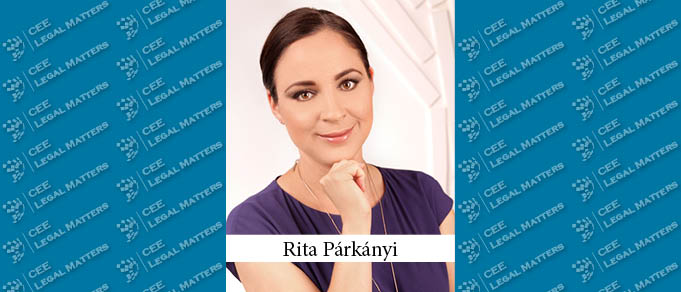The Hungarian Parliament passed a law at the beginning of October 2022 to set up a new anti-corruption authority called “Integrity Authority” as a part of a legislative package, that was aimed to reach a compromise with the EU regarding the withholding of funds.
The Integrity Authority can initiate proceedings upon the notification from citizens or ex officio. The Authority will be led by a president and two vice presidents, who will be chosen after an open tender and their mandate is not renewable. The Authority will be starting its work from the middle of November 2022 and it will be preparing risk assessments to identify and reduce systemic corruption. If the Authority detects fraud, it must also notify the relevant European bodies, including the European Anti-Fraud Office (OLAF) and the European Public Prosecutor’s Office.
Next to the Authority, a working group is also set up, that consists of the president of the Authority and 10-10 government and non-government members. It is an independent body for analysis, proposal, opinion and decision-making. It examines existing anti-corruption measures, may propose new ones and produces an annual report on the risks. The government must justify any diverging from any of its recommendations.
Another element of the legislative package was the modification of the Hungarian Criminal Code. The amendment establishes a new system, where the coercive prosecution mechanism will no longer be the only mechanism available in certain corruption cases. Anyone can ask the court for a review if the investigating authority or the prosecution refuses to prosecute. The investigating judge has the power to order the opening or continuation of criminal proceedings, that could had previously been ordered by only the prosecutor. The scope of persons entitled to initiate the procedure and the deadline for submission are also extended.
By Rita Parkanyi, Partner, KCG Partners Law Firm
